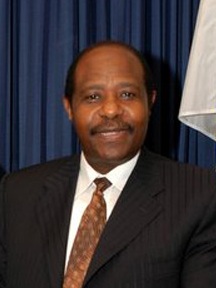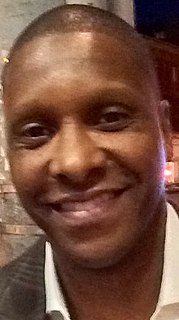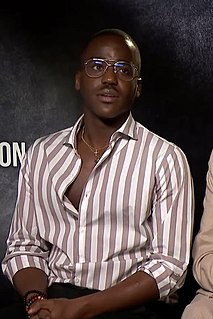A Quote by Paul Rusesabagina
We are all born with a powerful herd instinct and it can force otherwise rational people to act in inexplicable ways.
Related Quotes
The being we call god is merely a pawn working for a powerful and rational force in some far-off galaxy. This force is trying to weed out people who are irrational by seeing who would be stupid enough to believe in his god illusion so easily. Those that believe in this illusion, he will send to eternal damnation and he will deliver the rational beings, those who stoically refused to believe in a god, to heaven.
Surely no rational or realistic person will discount the possibility that [during wartime] the United States might suddenly resort to nuclear weapons. Those who retain the instinct for survival, not to speak of minimal concern for their fellow man, will seek ways to act before rather than after the event.
Creativity is something which proceeds from within, out of immeasurable and inexplicable depths, not from without, not from the world's necessity. The very desire to make the creative act understandable, to find a basis for it, is failure to comprehend it. To comprehend the creative act means to recognize that it is inexplicable and without foundation.
The rational herdsman concludes that the only sensible course for him to pursue is to add another animal to his herd. And another; and another . . . But this is the conclusion reached by each and every rational herdsman sharing a commons. Therein is the tragedy. Each man is locked into a system that compels him to increase his herd without limit — in a world that is limited. Ruin is the destination toward which all men rush, each pursuing his own best interest in a society that believes in the freedom of the commons. Freedom in a commons brings ruin to all.




















